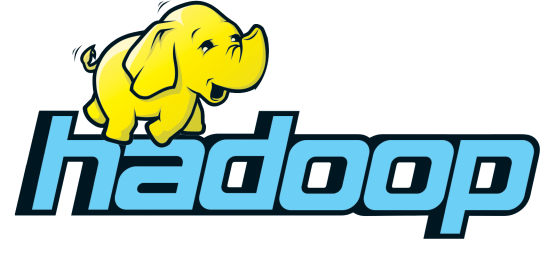In this digital era, we heavily rely on data more than we do on the traditional files and folders. Yes, we do! We’re creating almost 2.5 quintillion bytes of data per day… Official records, letters, emails, images and videos are just a few modes of data that are to be taken care of. Managing this kind of a load, all by manual effort, can be close to impossible for any analyst. For this purpose, Apache Hadoop was introduced by “Apache Software Foundation” on the 7th of April, 2014. It’s an open source software framework, which is not only used for distributed processing but also for the distributed storage of enormous clusters of digital data. It’s one of the top notch software programs of its kind and almost every influential company looks for an analyst capable of handling the software; which is where the Apache Hadoop Certification kicks in.
So why exactly do we need more Apache Hadoop professionals? Well, because almost 90% of the world’s total data was created in just 2 years and only 10% of it is “structured data”, the rest is unstructured – also known as “big data”. On one hand, the rapid growth rate is appreciable but on the other hand, we are facing a terrible management crisis. If you’re any of the following:
- Data Analyst
- System Admin
- ETL Data Architect
- DBA
- BI Analyst
- Any Other IT Professional
Then Apache Hadoop Certification is something that will link you to the chain of professionals using the software to organize the big data AND you will definitely make your way up,on your professional career ladder. The training program will mold you into a high end developer. It will make you highly efficient in managing enterprise data and capable of devising the most well-organized solutions currently available.
Now here’s the part that can help you quickly make the decision whether or not to take the course. The average salary of a Hadoop professional goes up to $100,000+ in the US and they are on top demand these days. It is totally worth the time you will be putting in; if you’re aware of elementary programming (SQL mostly), 30 days will suffice to understand the basics.
Most professionals recommend preparing more by practice and less by reading. There are good books on the software that highlight the primary factors for beginners. The key is to get 3 things right: personal experience, knowledge of others’ experiences and expert advice. You may want to download Hadoop and play with it to build your own experience. For the second and third, there are forums and books. But if you really want to jumpstart your career through accelerated learning, a thorough Hadoop training from a recognized institute is the answer. They consist of professionals who’ve already contributed a lot in organizing the big data and those with theoretical as well as practical expertise. They will share their findings and opinions and it will help you broaden your knowledge about the technology as well as the industry best practices. Once you are armed with these skills, the next step is to get certified and get a stamp of approval from Hadoop to validate your acquired capabilities. So get going, and good luck!

